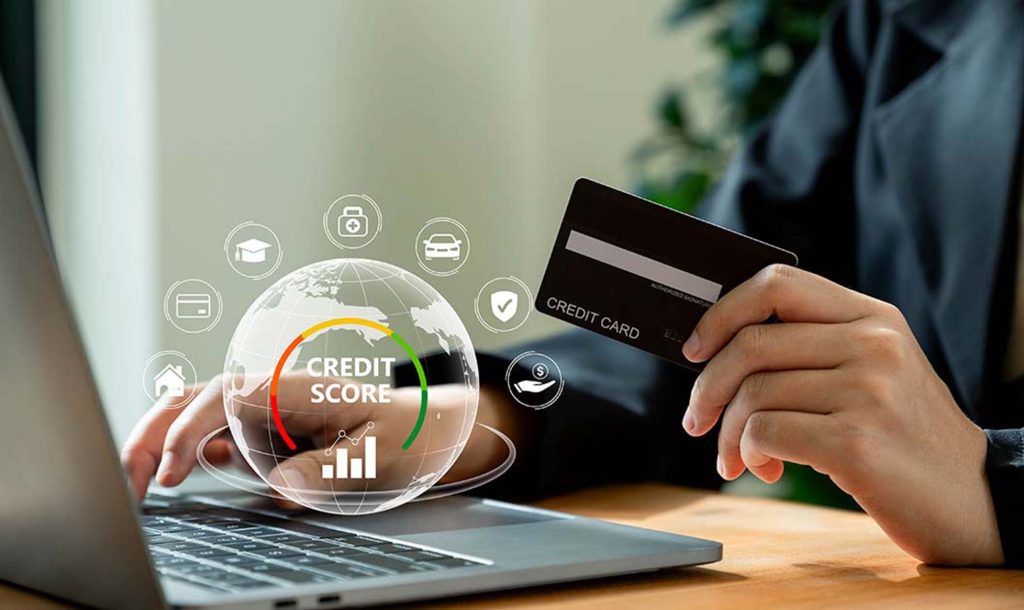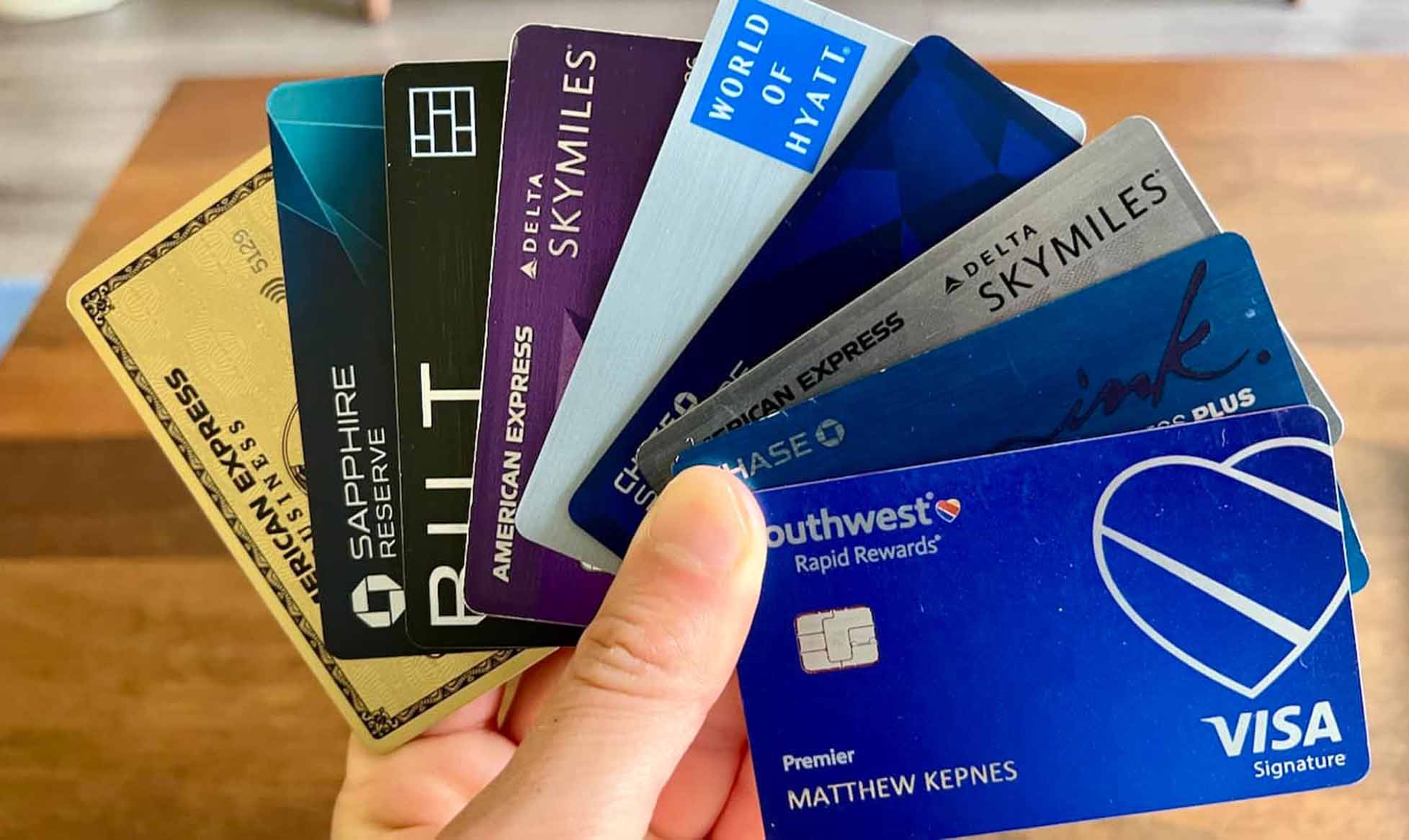Credit Card Financial Knowledge: How to Use Credit Cards Wisely and Avoid Financial Pitfalls
Credit cards have become an indispensable payment tool in modern society. They are not only convenient and efficient but also offer a wide range of benefits. However, if not managed properly, credit cards can also bring significant financial stress and debt problems. For many, a credit card is not just a payment method but can unknowingly become the source of overspending. Therefore, understanding the basic principles of credit cards and using them correctly is an essential part of everyone’s financial journey. This article will thoroughly explore various aspects of credit card financial knowledge, from how to choose the right credit card to how to avoid falling into credit card debt traps, helping you use credit cards wisely and enjoy the benefits and convenience they offer.
1. What is a Credit Card? Basic Concept Introduction
A credit card, as the name suggests, is a payment tool that allows the cardholder to make purchases on credit up to a set limit. The financial institution behind the card will approve a certain credit limit based on the cardholder’s credit score, financial situation, and other factors. In simple terms, a credit card allows you to make purchases without having to pay immediately, with the expectation that the balance will be paid off by the end of the billing cycle. You can use it to shop in stores, make online payments, book flights, or reserve hotels, all without paying cash upfront.
The basic operation of a credit card is actually quite simple. Each month, the credit card company will issue a statement showing your total purchases for the month, along with the minimum payment due. If you pay off the full balance, you typically won’t incur any interest charges. However, if you fail to pay on time, the credit card company will charge interest, which can be quite high.
2. How to Choose the Right Credit Card for You?
Choosing the right credit card can not only help you enjoy more rewards but also avoid unnecessary fees. There are various types of credit cards available, each with different features and fee structures. When selecting a card, you should consider several key factors:
- Annual Fees: The annual fee is the amount you must pay each year to maintain your credit card. There can be a significant difference in annual fees between card types. Some premium credit cards charge high annual fees, but they also offer rich rewards, points, and services. On the other hand, regular cards typically have lower annual fees, or some cards may even offer no annual fee. If you mainly use your card occasionally, choosing a card with a low or no annual fee may be a better option.
- Credit Card Points and Rewards: Some credit cards offer rewards such as points or cash back for your purchases. These points can be redeemed for products, flights, hotel stays, or even directly applied to your credit card balance. If you travel frequently, you might want to choose a card that offers travel rewards or airline miles. If you shop often, a card that offers cash back for shopping may be more suitable.
- Interest Rates and Grace Periods: Every credit card has an interest rate, which can be very high if you don’t pay your balance in full on time. Most credit cards have a grace period, usually between 20 to 50 days. During this period, if you pay off the full balance, you won’t incur any interest. Therefore, choosing a card with a long grace period gives you more flexibility in managing your finances.
- Additional Services: Some credit cards come with extra perks, such as access to airport lounges, travel insurance, purchase protection, etc. For frequent travelers or business travelers, these additional services can provide a lot of convenience and peace of mind.

3. How to Use Credit Cards to Avoid Overspending?
Although credit cards are convenient, they can easily lead to overspending, especially when you feel like you don’t need to pay for purchases immediately. To avoid this, it’s crucial to have a clear understanding of your financial situation. Here are some tips to help you use your credit card wisely and avoid falling into financial trouble:
- Set a Budget and Stick to It: Before using your credit card each month, set a clear budget and stick to it. This will prevent impulse spending that could push your expenses beyond your means. You can use mobile apps or budgeting software to track each transaction and stay updated on your spending.
- Avoid Over-Reliance on Credit Cards: Although credit cards offer great convenience, try not to make them your primary payment method. Using cash or debit cards can help you better control your spending. When using a credit card, it’s easy to overlook the actual amount you’re spending, leading you to exceed your income.
- Don’t Exceed Your Credit Limit: Every credit card has a set credit limit, and it’s essential not to exceed it. When you go over your limit, credit card companies usually charge additional fees and may even affect your credit score.
- Pay on Time to Avoid Late Fees and High Interest: Many people end up paying late or delaying payments, resulting in late fees and high-interest charges. The most effective way to avoid this is by setting up due date reminders to ensure timely payments. If possible, set up automatic payments to ensure you never miss a payment.
4. Understanding Credit Card Interest and Fees Structure
Understanding the interest and fee structure of your credit card is crucial to avoid accumulating debt. Most credit card companies set an annual percentage rate (APR), which represents the interest charged on any outstanding balance. Credit card interest rates can be quite high, especially if you don’t pay off your full balance on time.
- Interest Calculation Method: Credit card interest is usually calculated daily, rather than annually. For example, even if your APR is 18%, the interest charged will be calculated daily, depending on the number of days you carry a balance. This is why it’s important to avoid carrying a balance from one month to the next.
- Minimum Payment: The statement will show the minimum payment amount, which is the least you must pay by the due date. The minimum payment is usually a small percentage of the total outstanding balance (e.g., 2% or 3%). This may seem like a small amount, but if you only make the minimum payment, your debt can take a long time to pay off, and the interest charges will accumulate quickly.
- Late Fees and Penalty Interest: If you miss a payment, credit card companies will charge a late fee and may increase your interest rate. Late fees and penalty interest can quickly snowball, leading to significant debt. Therefore, avoiding late payments is crucial.
- Foreign Transaction Fees: If you use your credit card abroad, many credit card companies charge foreign transaction fees, typically ranging from 1% to 3% of the transaction amount. If you travel frequently or study abroad, consider choosing a card that doesn’t charge foreign transaction fees to save on additional costs.
5. How to Improve Your Credit Score Using Credit Cards?

Credit cards are not only useful for everyday purchases but also for improving your credit score. Your credit score is an essential factor that banks and lenders use to assess your creditworthiness when offering loans, mortgages, car loans, etc. A good credit score can help you get higher credit limits and better interest rates.
- Pay on Time: One of the most important factors affecting your credit score is your payment history. Making timely and full payments on your credit card will help keep your credit score high, while delayed payments will negatively impact your score.
- Maintain a Low Credit Utilization Ratio: Credit scoring models typically consider your credit utilization ratio, which is the percentage of your credit limit that you are using. It’s generally recommended to keep this ratio below 30%. A high credit utilization ratio can signal financial instability and negatively impact your credit score.
- Diversify Your Credit Accounts: Having multiple credit accounts, particularly long-term credit cards, can help improve your credit score. However, be cautious not to apply for too many credit cards in a short period, as too many hard inquiries (from credit applications) can temporarily lower your credit score.
6. What to Do if You Encounter Credit Card Debt Issues?
If you find yourself in credit card debt, don’t panic. Taking prompt action can help ease the debt burden and restore financial health. Here are some practical solutions:
- Communicate with Your Credit Card Company: If you can’t make a payment on time, try contacting your credit card issuer to see if they can offer an extended payment plan or reduce the interest rate. Some companies provide payment deferral or debt restructuring options to help ease the burden.
- Debt Transfer: Many credit card companies offer balance transfer services, allowing you to move high-interest debt to a lower-interest card. This can reduce the amount of interest you pay, but be aware that there may be transfer fees, so carefully consider the costs before transferring your debt.
- Seek Professional Help: If you can’t resolve the debt issue on your own, consider consulting a financial advisor or debt management service. They can offer debt restructuring, negotiation, and other financial solutions to help manage your debt more effectively.
Credit cards, when used properly, can provide significant convenience and rewards. However, improper use can quickly lead to financial troubles. Mastering the correct financial knowledge and avoiding unnecessary spending and debt is an essential skill for every consumer. With careful selection and prudent usage, credit cards can bring greater convenience to your life and help you achieve financial freedom.
